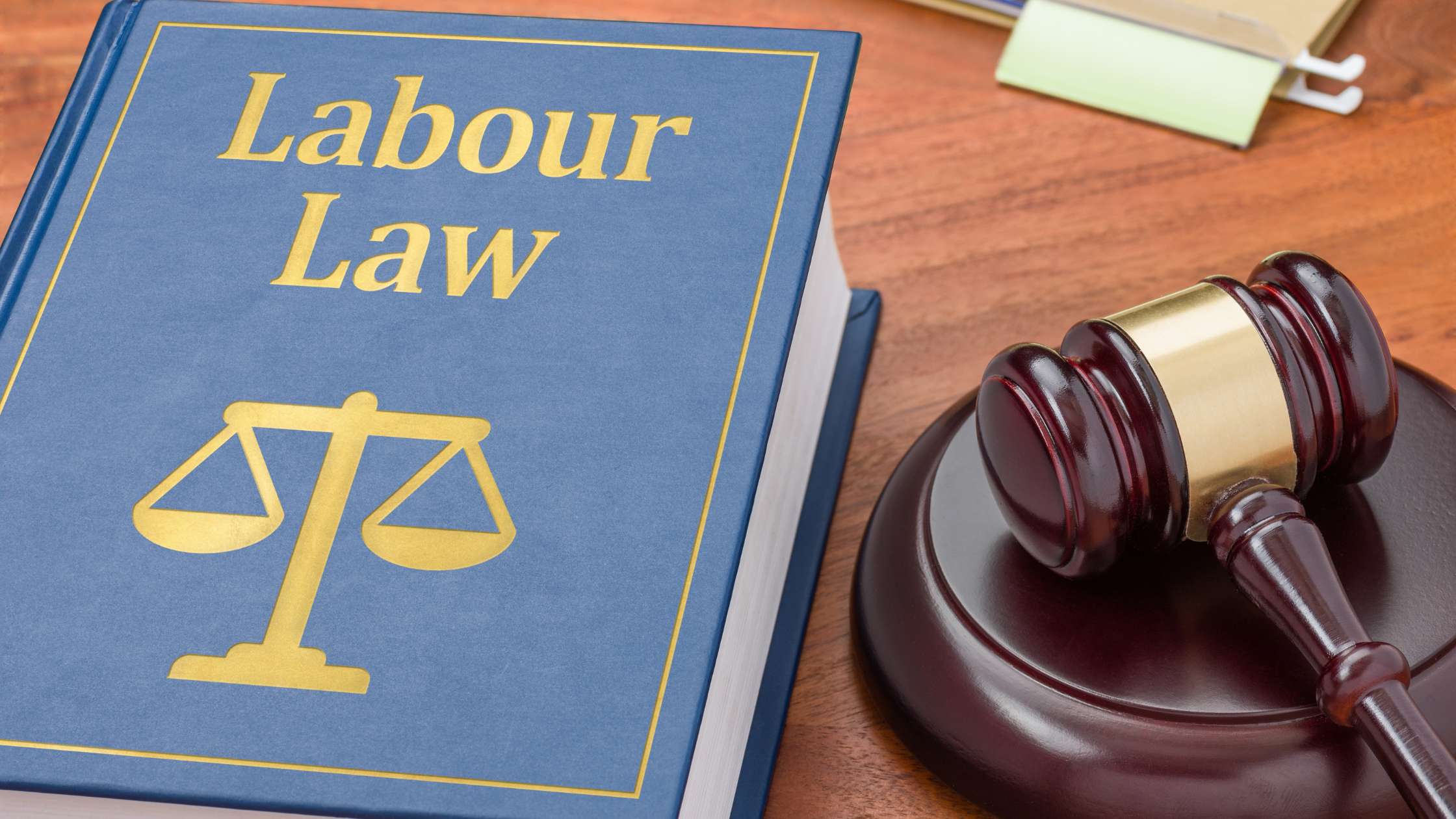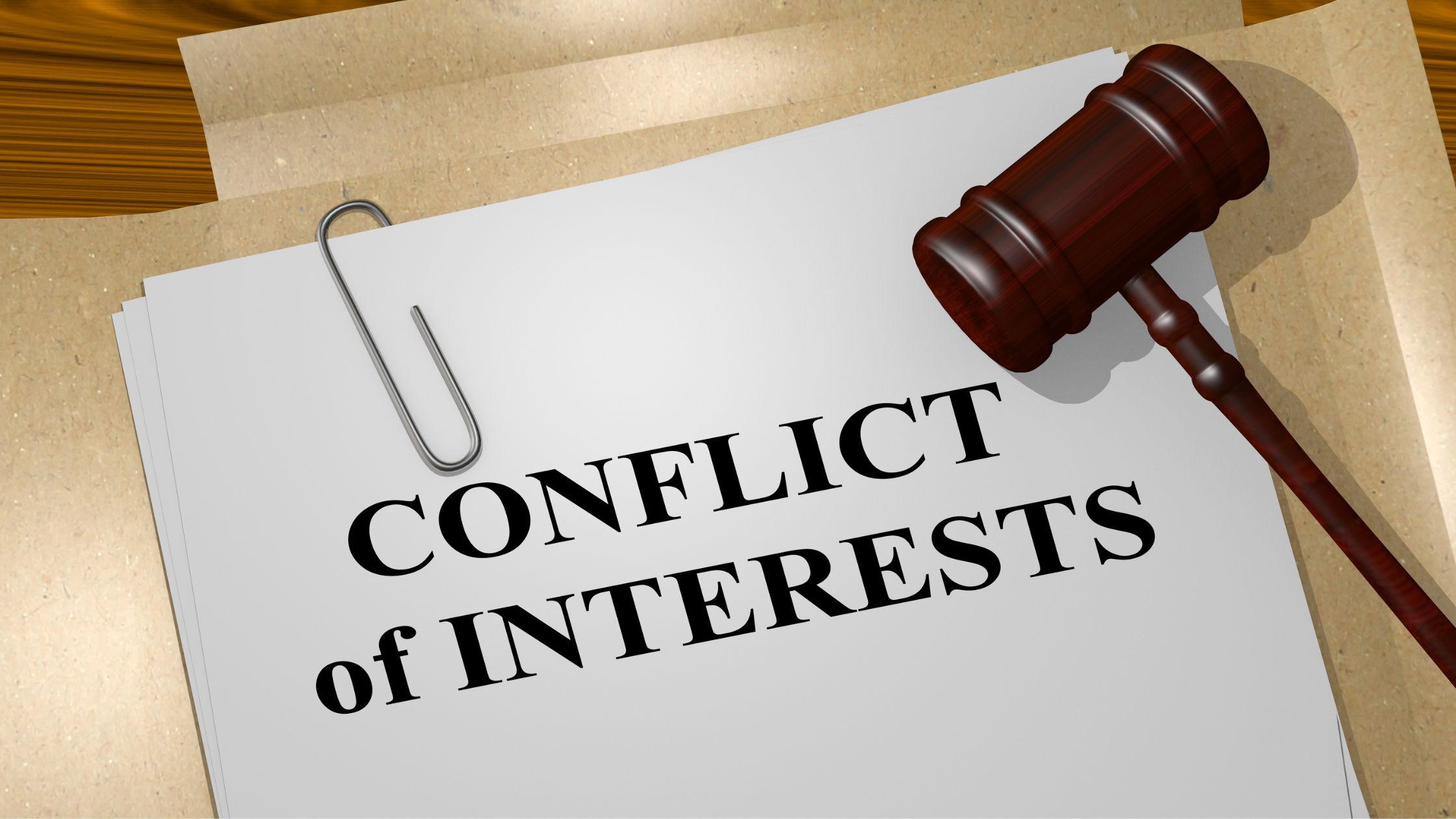March 8, 2023
While Vietnam remains a predominantly cash-based economy, its legal frame work on anti-money laundering, according to the Asian Pacific Group on Money Laundering (APG)’s assessment in its Mutual Evaluation Report dated January 2022, is still incomprehensive and limited, which makes the country itself vulnerable to risks of money laundering. Pursuant to the report on national risk assessment on money laundering and terrorism financing conducted by the Vietnamese authority for the period of 2012-2017, the risk of money laundering in Vietnam is assessed at “medium high” (trung bình cao). Of which, while banking and underground remittance are the sectors where the money-laundering risks are assessed at “high” (cao) level, corruption and gambling are the crimes identified to have high money-laundering risks. In an effort to mitigate money-laundering risks and further enhance the country’s capacity against money laundering, on 5 August 2022, the Vietnam Prime Minister issued Decision No. 941/QD-TTg on the national action plan on anti-money laundering, terrorism financing, and financing for proliferation of mass-destruction weapons. Based upon this plan, the Vietnam National Assembly adopted the Law on Anti-money Laundering (Law No. 14/2022/QH15) dated 15 November 2022 (“New AML Law”). The New AML Law takes effect from 01 March 2023 and replaces the Law on Anti-money Laundering 2012 (the “ 2012 AML Law”). The guideline below is mainly aimed to provide readers with an overview of Vietnam’s regulation on anti-money laundering and salient points of the New AML Law in comparison with the old one. 1. What is money laundering? The New AML Law defines “money laundering” as an act of an individual or an organization to legitimize the origin of... March 8, 2023
1 Legal framework 1.1 Are there statutory sources of labour and employment law? The primary statutory source that governs labour and employment is the 2019 Labour Code. Other domestic sources include: the 2013 Law on Employment; the 2014 Law on Social Insurance; the 2015 Law on Occupational Safety and Health; the 2014 Law on Vocational Education; and the 2012 Law on Trade Unions. In addition, the governmental decrees and documents issued by the Ministry of Labour – Invalids and Social Affairs governing labour and employment are as follows: Decree 145/2020/ND-CP dated 14 December 2020 detailing and guiding the implementation of several articles of the Labour Code regarding working conditions and industrial relations; Decree 152/2020/ND-CP dated 30 December 2020 on foreign workers in Vietnam and recruitment and management of Vietnamese workers working for foreign organisations and individuals in Vietnam; Decree 38/2022/ND-CP dated 12 June 2022 prescribing region-based minimum salary levels applicable to employees working under labour contracts; Decree 135/2020/ND-CP dated 18 November 2020 prescribing retirement ages; Decree 12/2022/ND-CP dated 17 January 2022 providing penalties for administrative violations in the fields of labour, social insurance and overseas workforce supply under contract; Ministry of Labour – Invalids and Social Affairs Circular 10/2020/TT-BLDTBXH dated 12 November 2020 detailing and guiding the implementation of several articles of the Labour Code regarding the contents of a labour contract, collective bargaining councils and occupations and jobs that are harmful to reproduction and parenting functions; and Ministry of Labour – Invalids and Social Affairs Circular 09/2020/TT-BLDTBXH dated 12 November 2020 detailing and guiding the implementation of several articles of the Labour Code regarding minor workers. The 2019... December 28, 2022
In Vietnam, the ‘Trade union’ was the only organization dedicated to protecting employees’ legitimate rights and interests from the implementation of the first Labor Code in 1994 until the Labor Code of 2012 was enacted. Under the 2012 Labor Code, the term referring to trade unions was changed to “Representative organization of a grassroots-level employees’ collective”. However, the essence of this organization remained and was defined as “the Executive committee of a grassroots trade union or the Executive committee of the immediate upper-level trade union in a non-unionized enterprise”. As such, it could be said that it was old wine in a new bottle. The 2019 Labor Code revised the term to “Employees’ representative organizations at the grassroots level”, comprising grassroots trade unions and employees’ organizations at all enterprises. Specifically, Article 3.3 of the 2019 Labor Code stipulates: “The employees’ representative organizations at the grassroots level means an internal organization voluntarily established by employees of an employer which protects the employees’ legitimate rights and interests in labor relations through collective bargaining or other methods prescribed by labor laws. The employees’ representative organizations at the grassroots level comprise the grassroots trade union and the employees’ organization at enterprise-level.” Why was there a change to “the Employees’ Organization at Enterprise-level” from the previous Trade Union definition? In practice it was proven that the Trade Union had not been influential and could not competently perform its function as an independent representative organization for the rights and interests of employees because the Trade Union’s organizational structure and operational mechanism were still dependent on the enterprise. The leaders of the Grassroots Trade Unions remained employees of the enterprise and received wages and benefits from the... September 29, 2022
Are you confused yet? Life is rarely straightforward. You can almost always find the “good” in bad circumstances and the “bad” in good circumstances….or people… or things. There is always a principle of yin and yang at play. Like anger. Anger in itself is not a bad emotion, even though we tend to categorize it as a not-so-good emotion (not in the “feel-good” category anyway). But emotions are neutral and how we respond to it is what really counts. Anger, if we let it lead us, can provoke us to stupidity or challenge us to put our foot down and finally do that great thing. We are both good and bad People too, are a myriad of both good and bad. I’ll be the first to admit that I’m not all good. I am human and there is both good and bad in me. I am good at some aspects and bad at others. I’m just glad there are others to balance me out (like my wife – thank you Kate). Yin and Yang – No shadow without light This idea of balancing comes from the principle of Yin and Yang which is a belief that “all things exist as inseparable and contradictory opposites”. Let’s think about some everyday examples – female-male, day-night and old-young. There is just something about opposites that attract and complement each other. In fact, some opposites almost depend on one another to shine. For example, there is simply no shadow without light and what is goodness without evil? Modernizing the principle The concept of yin-yang has a long history. There are many written records... August 11, 2022
Conflict of interest A “Conflict of Interest” is defined as a real or seeming incompatibility between one’s private interests and one’s public or fiduciary duties (Black’s Law Dictionary – Ninth Edition). There is no statutory definition of conflict of interest under the laws of Vietnam. Actions constituting conflicts of interest are only indirectly regulated in the form of certain prohibited activities in various legal documents such as the Law on Cadres and Civil Servants 1 or the Law on Anti-corruption 2 which governs the activities of cadres and civil servants in the Governmental system. There are also provisions in the Law on Enterprises 3 governing the activities of people holding management positions in enterprises. However, in Vietnam an employee could potentially be sanctioned under the Civil Code, the Labor Code, or even criminalized under the Penal Code for the following conflicts of interest: An employee who establishes a competing business that provides the same goods or services as those of the employee’s company in the common market; The use of the proprietary information of the company, or that obtained during employment in the company, to benefit the employee’s business or the business of his/her relatives or friends; Providing goods or services to the company’s providers or clients through the business of the employee or his/her relatives or friends; Taking advantage of the employee’s position or power in the company to do business with a third party and which is not in the company’s interests; Utilization by the employee of his/her position and power in the company to allocate key employment positions, such as managers/executives, accountants, cashiers, or storekeepers, to his relatives, friends, or others for the... By Firm
Key Person Profile
Upcoming Events
Recent Past Events







 LE & TRAN
LE & TRAN Stephen Le
Stephen Le







